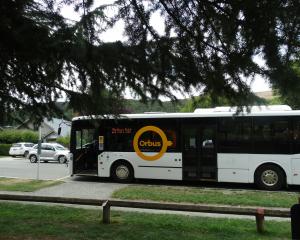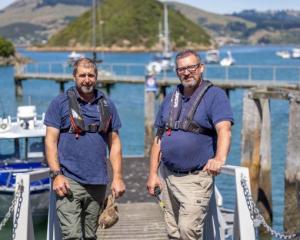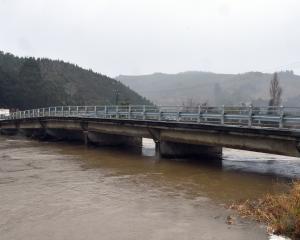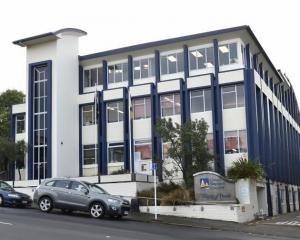
Yesterday, the Otago Regional Council's regional transport committee endorsed the draft regional land transport strategy 2011-17, with an outlook to 2041.
Suggested amendments would be incorporated by staff for the committee's May meeting, before the plan goes out for public consultation.
The strategy seeks to prepare Otago for oil shocks, encouraging public transport, cycling, walking, and alternative energy use. It endorses roads as the main thoroughfares for people and goods, but advocates increased use of rail to cope with a significant increase in freight volumes.
Ms van Uden said some provisions, including encouraging housing near arterial road routes to be near public transport, suggested a "big brother" approach to planning at odds with her preference for individual choice.
Some of the language used by the strategy was too prescriptive, she said.
If people wanted to live in places like Glenorchy and Naseby they should not be discouraged, however councils could indicate residents should not expect regular public transport.
Cr Andrew Noone, of Dunedin, was also concerned such stipulations had implications for planning that made life difficult for councils.
ORC policy and resource planning director Fraser McRae said the transport policy was only one plan guiding councils.
If the plan did not contain specific aims and goals the region might not fare as well when it sought funding from Government for roading.
Mr McRae said the important thing was to get people living in big enough enclaves, whether or not they were on a main route, to justify public transport.
Cr Hamish Anderson, of Clutha, pointed out much of the strategy was "crystal ball gazing" and could not take into account future commercial or industrial developments.
He suggested the strategy, which uses terms like "peri-urban" (rural subdivisions) and "intermodal hubs" must be greatly simplified before the public feedback stage.
The draft strategy also recommends storing oil for critical situations, and, if necessary, launching a region-wide campaign urging "solidarity and good sense" in the face of oil shortages.












